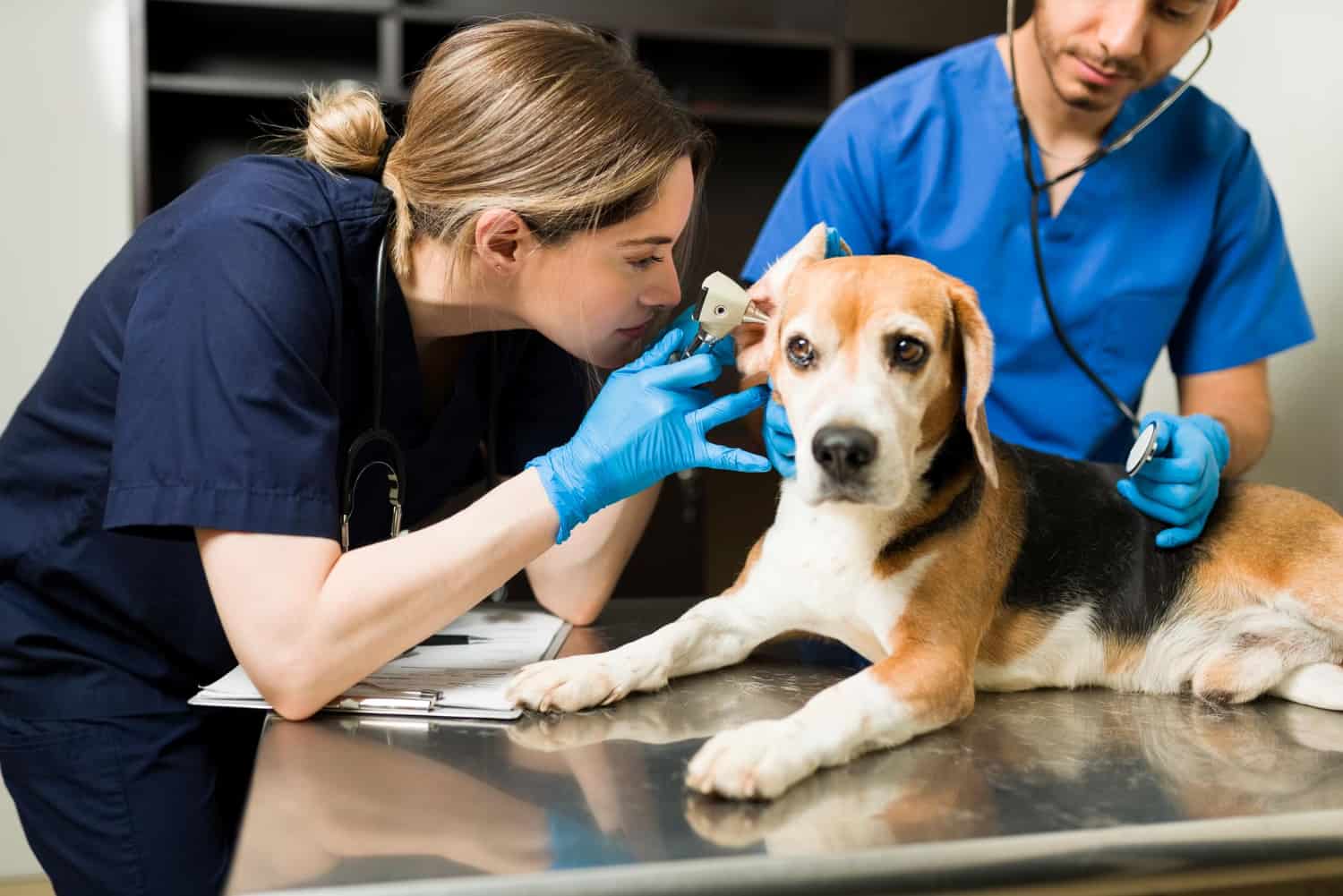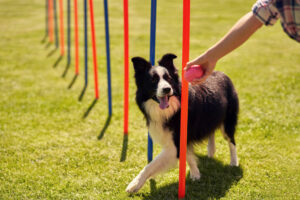Introduction
Are you looking to improve the overall fitness of your furry friend? Just like humans, pets also need regular exercise and proper veterinary care to maintain a healthy lifestyle. In this article, we will explore the importance of pet fitness and how veterinary care plays a crucial role in achieving it. From exercise routines to nutrition tips, we will provide you with valuable insights to ensure your pet stays fit and happy.
1. Understanding Pet Fitness
1.1 Why is Pet Fitness Important?
Regular exercise and fitness routines are vital for pets to maintain a healthy weight, improve cardiovascular health, and prevent various medical conditions. Engaging in physical activities also helps to stimulate their minds, reduce anxiety, and promote overall well-being. By keeping your pet fit, you increase their quality of life and extend their lifespan.
1.2 Signs of a Fit Pet
How can you tell if your pet is fit and healthy? Look for signs such as a lean body structure, good muscle tone, and a healthy weight range. Fit pets are often more active, have a glossy coat, and exhibit a vibrant energy level. Regular veterinary check-ups can help assess your Veterinary Care for Fitness level and detect any underlying health issues.
2. Exercise and Physical Activities
2.1 Tailoring Exercise to Your Pet
Similar to humans, pets have unique exercise requirements depending on factors such as their breed, age, and overall health. Certain pets may thrive with more intense physical activities, while others may benefit from gentle exercises. It is essential to seek advice from your veterinarian to establish a suitable exercise plan for your pet.
2.2 Fun Activities for Pets
Engaging your pet in enjoyable activities not only enhances their fitness but also strengthens the bond between you and your beloved companion. Some popular pet exercises include taking daily walks, participating in interactive play sessions, swimming, and engaging in agility training. Remember to initiate these activities gradually and increase the intensity over time to prevent any potential injuries.
2.3 Incorporating Mental Stimulation
Physical exercise alone is not enough for your pet’s overall well-being. Mental stimulation through puzzle toys, treat-dispensing games, and obedience training can keep your pet mentally sharp and prevent boredom. Engaging their minds along with their bodies helps to maintain their mental health and happiness.
3. Nutritional Considerations
3.1 A Balanced Diet for Pet Fitness
Proper nutrition plays a significant role in maintaining your pet’s fitness. Consult your veterinarian to determine the appropriate diet based on your pet’s age, breed, weight, and any specific dietary requirements. A balanced diet should include high-quality proteins, essential fatty acids, vitamins, minerals, and an adequate amount of water.
3.2 Portion Control and Treats
Maintaining the right portion sizes is crucial to prevent obesity in pets. Overfeeding can lead to weight gain and related health issues. Follow the recommended feeding guidelines provided by your veterinarian. Treats can be given occasionally but should be included in the daily calorie count to avoid excessive calorie intake.
4. Veterinary Care for Pet Fitness
4.1 Regular Check-ups and Vaccinations
Routine veterinary check-ups are essential to monitor your Dog Fitness and ensure they are fit. Your veterinarian will conduct physical examinations, administer necessary vaccinations, and recommend preventive care measures such as flea and tick control. Regular visits help detect any health issues at an early stage and provide timely interventions.
4.2 Dental Care
Oral health is often overlooked but crucial for your pet’s overall well-being. Poor dental hygiene can lead to dental diseases and other systemic health problems. Regular teeth brushing, dental examinations, and professional cleanings when necessary can help maintain your pet’s oral health and prevent potential complications.
4.3 Spaying and Neutering
Spaying and neutering not only contribute to population control but also have health benefits for your pet. These procedures help prevent certain reproductive system diseases and reduce the risk of certain cancers. Consult your veterinarian to determine the right time for spaying or neutering your pet.
Conclusion
Pet fitness is a significant aspect of their overall well-being, and veterinary care plays a pivotal role in achieving it. By understanding the importance of exercise, mental stimulation, nutrition, and regular veterinary check-ups, you can ensure your pet leads a healthy and happy life. Remember, a fit pet is a happy pet!







